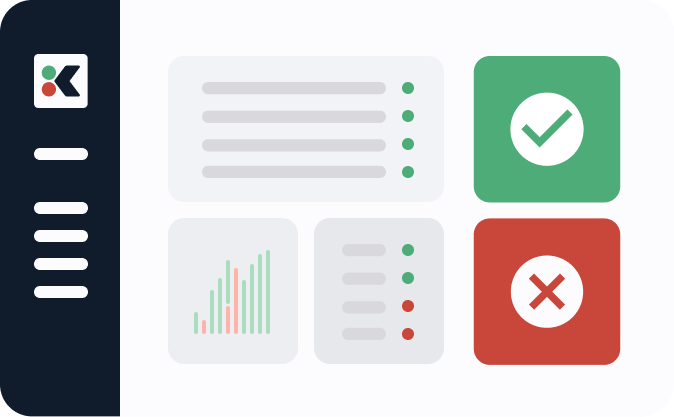Big News: Kosli’s achives Series A milestone with Deutsche Bank as an investor - Read the announcement
Ready to Automate Governance?
Book a consultation to see how Kosli eliminates compliance overhead and accelerates delivery.












